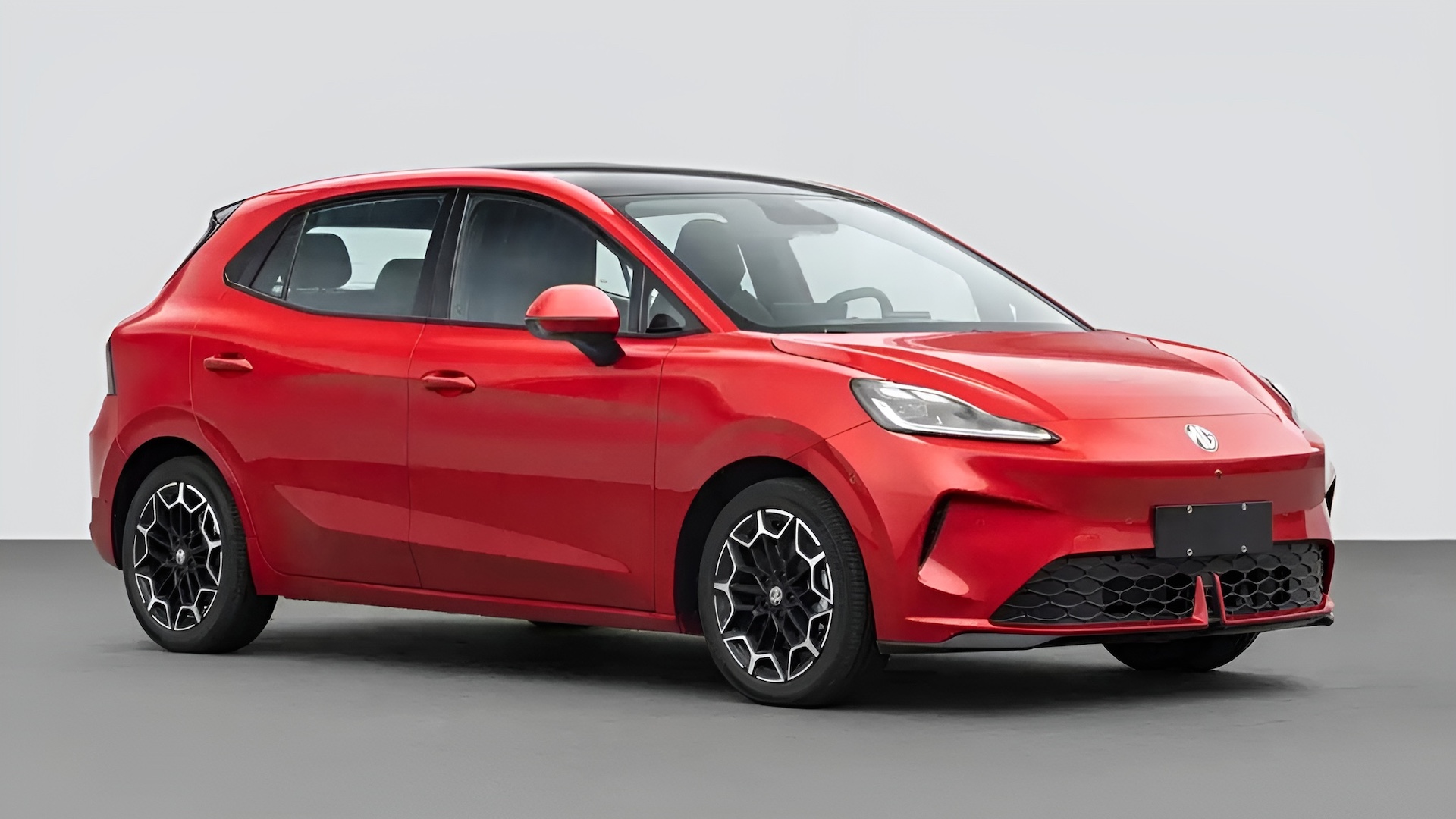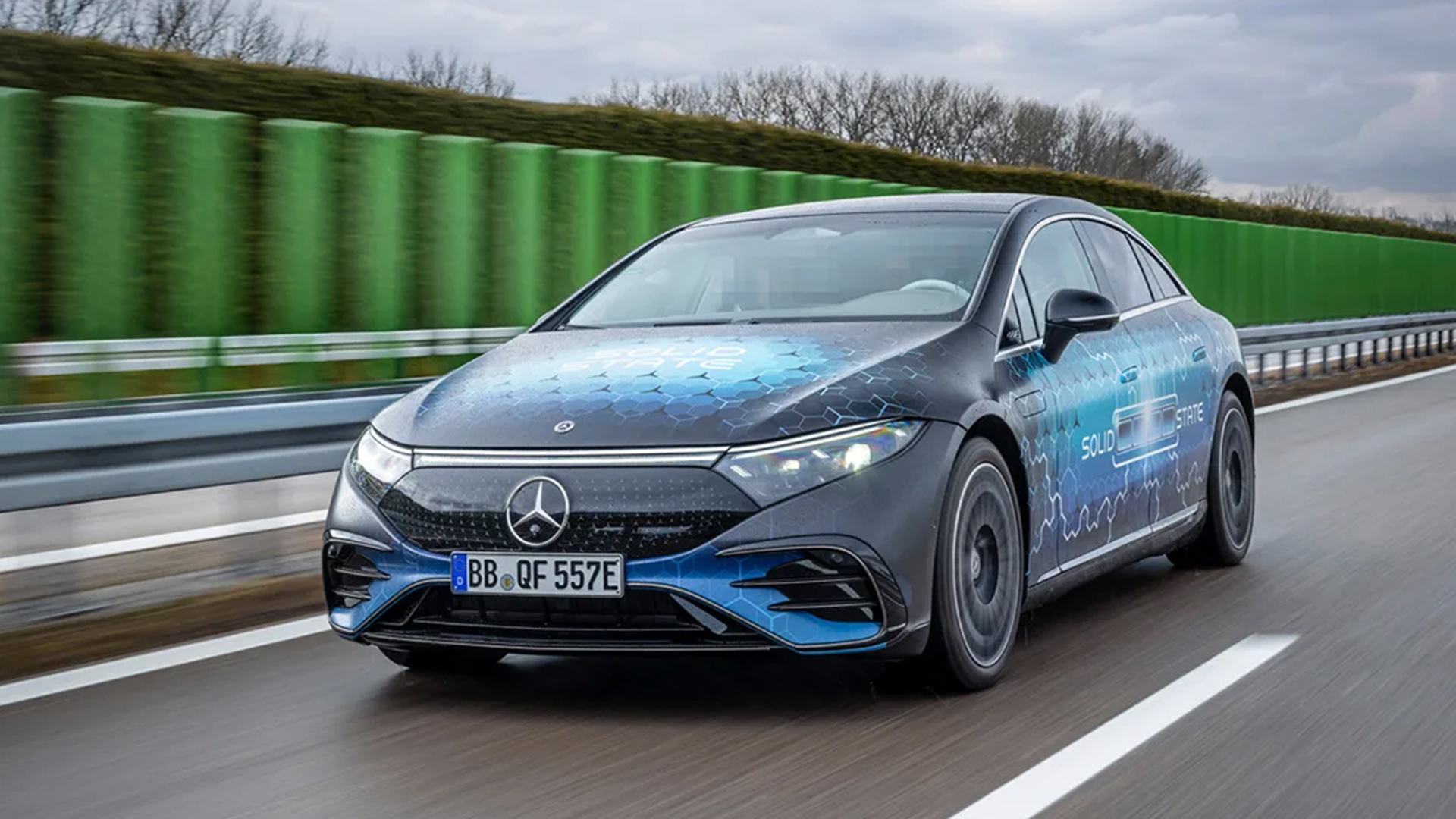The world’s first mass-produced car with semi solid-state batteries is finally coming, and it’s cheaper than you’d think
MG promises improved longevity and faster charging speeds

- MG has stuck to its promises by ushering in the first semi-solid state batteries
- Early indications suggest it is on sale in China for less than $14,000
- SAIC and MG will undoubtedly look to introduce the tech elsewhere
Chinese automaker SAIC has revealed that it will introduce the world’s first mass produced EVs to launch globally with semi-solid state batteries in the upcoming MG4 after promising the tech last year.
Cleared for sale in China, the range-topping MG4 swaps out a lithium iron phosphate (LFP) chemistry for more energy-dense manganese-based lithium-ion batteries provided by QingTaoEnergy.
The key difference between a semi-solid state battery and the existing LFP chemistry is that the electrolyte straddles the line between a liquid and a solid.
Where the electrolyte in traditional LFP batteries tends to consist of a lithium salt liquid, semi-solid state batteries use a gel-like substance.
According to reports, the new MG4 battery packs have an energy density of 180Wh/kg and they are expected to have a range of around 333 miles. But MG has not disclosed the battery's full capacity or exact range figures.
Interestingly, the new battery tech doesn’t deliver a breakthrough in range, with the cheaper LFP battery options within the model line-up offering a similar electric range.
But a semi-solid chemistry offers advantages in greater energy density (lighter and smaller battery packs required), increased levels of safety thanks to the non-flammable electrolyte substance, improved longevity and the potential for much faster charging speeds.
Sign up for breaking news, reviews, opinion, top tech deals, and more.
SAIC says the MG4 will go on sale in China with prices starting at under $10,000 and rising to around $14,000 for the semi-solid state battery pack models. The model is expected to roll out to global markets, such as Europe, early next year.
Affordable progress

While SAIC’s battery announcement doesn’t seem to deliver a sizable leap in range, we could see charging times reduced drastically, while the battery packs themselves are touted to last longer before they show signs of degradation, helping to improve the residual values of cars.
Alas, the real turning point in EV technology will come when full solid-state batteries arrive on the market, eschewing liquid electrolytes for a solid material, like metal, ceramics and polymers.
A number of big name automotive brands are already working on the technology, with the likes of Mercedes-Benz promising 450Wh/kg at cell level - almost four-times that of MG’s recent announcement.
These smaller, more energy dense packs promise greater charging speeds and the ability to offer an impressive real-world range without the added weight, which would allows sports car makers to produce the sort of lithe, agile rides that performance fans have been crying out for.
However, it is highly likely that Chinese battery-makers and automotive brands will be the first to bring the technology to market.
For now, SAIC and MG’s announcement seems to bridge a gap before the real breakthroughs happen, but it remains impressive progress. And progress that doesn’t come with an eye-watering price tag.
You might also like
- Mercedes announces breakthrough in solid-state EV battery tech, but Chinese rivals are still way ahead
- Huawei says its new solid-state EV battery can give you 1,800 miles of range and charge in less than 5 minutes, but we have questions
- This breakthrough battery tech could help EVs break the 1,000-mile range barrier – and give you a 190-mile boost in under four minutes

Leon has been navigating a world where automotive and tech collide for almost 20 years, reporting on everything from in-car entertainment to robotised manufacturing plants. Currently, EVs are the focus of his attentions, but give it a few years and it will be electric vertical take-off and landing craft. Outside of work hours, he can be found tinkering with distinctly analogue motorcycles, because electric motors are no replacement for an old Honda inline four.
You must confirm your public display name before commenting
Please logout and then login again, you will then be prompted to enter your display name.